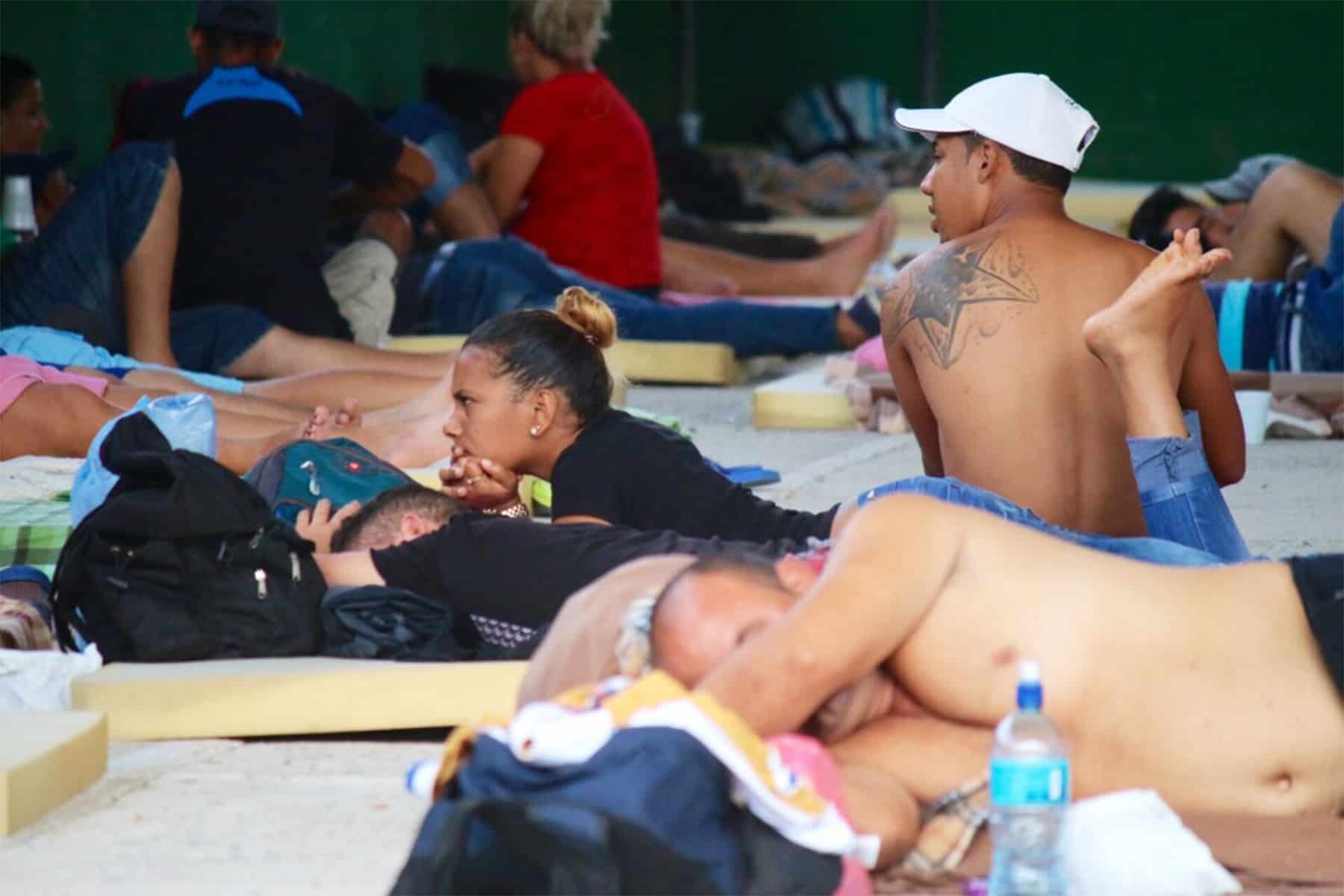Central American negotiators on Tuesday failed at yet another attempt to find a solution to help Cuban migrants stranded in Costa Rica near its borders with Nicaragua and Panama.
Central American officials met in Mexico City with counterparts from Ecuador, Colombia, Mexico and the United States to seek an agreement for the transit of some 7,000 Cuban migrants who are waiting for temporary visas to leave Costa Rica and Panama on their way to the U.S.
Costa Rica’s Foreign Ministry in a public statement said Guatemala’s refusal to allow passage of the migrants through its territory left the negotiations at a stalemate, and the only agreement reached was that representatives will meet again on Dec. 28 in Mexico or Guatemala.
Costa Rica Foreign Minister Manuel González said the meeting allowed officials to take “a step in the right direction, as [talks] included the participation of major actors beyond SICA [the Central American Integration System], just as Costa Rica had proposed.”
González said Mexico confirmed its authorization for migrants to pass through its territory once they reach the border with Guatemala.
Guatemala, however, reiterated its position of not allowing their transit, just as the country’s leaders did on Friday at the SICA meeting, the minister noted.
Nicaraguan representatives also maintained their position that the Cubans cannot pass through their territory and must be transferred to the U.S. by air. Nicaragua emphasized its request for the U.S. to revoke its “wet foot, dry foot policy,” Nicaragua’s first lady and government spokeswoman Rosario Murillo said.
SICA representatives addressed the Cuban problem last Friday at a meeting in San Salvador, but rejected Costa Rica’s plan to allow the Cubans to continue their journey, due to opposition by Guatemala, El Salvador and Belize, the only countries that would make it possible for them to reach Mexico.
The rejection of Costa Rica’s plan provoked the country’s withdrawal from all political forums of SICA.
Minister González, however, said he still hopes for a change of mind from Guatemala at next week’s meeting.
Cuban migrants have been stranded in Costa Rica after Nicaragua closed its border in mid-November. Costa Rican officials since then have been promoting an alternative plan for them to travel to Honduras and then continue their route to the U.S., where they hope to take advantage of the 1995 revision of the Cuban Adjustment Act of 1966.






